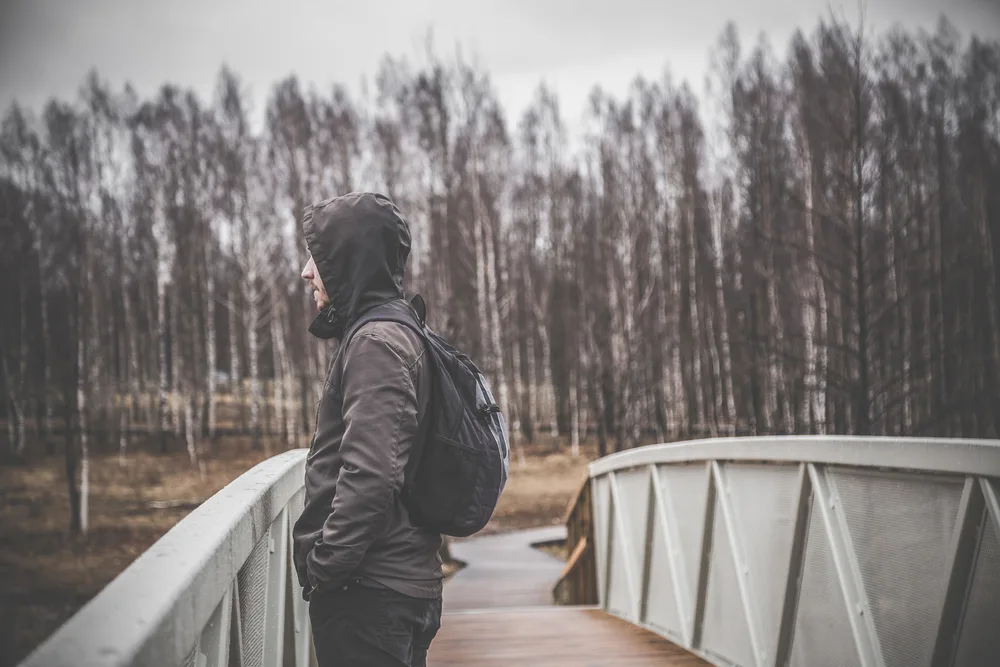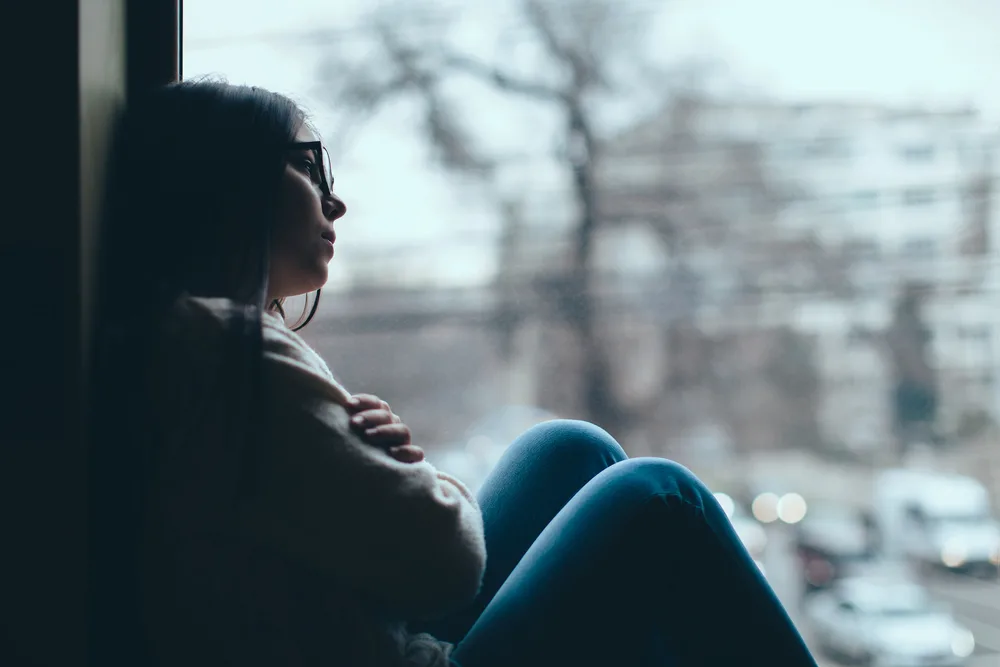


Around 14% of the adult population in the US experience the winter blues every year. According to experts at the National Institute of Mental Health, the condition is fairly common and is often marked by irritability, lethargy, overeating, feeling down and unsociable and sleep problems. A small percentage of people also experience a more severe medical disorder called seasonal affective disorder (SAD) during the winter months.
Winter blues can be tough on anyone, but they are particularly difficult for those in addiction recovery. The cold weather, coupled with shorter days and lack of sunlight can exacerbate feelings of isolation, depression, and cravings, as well as negative thoughts. Luckily, there are many strategies to help you stay strong and navigate this challenging season. We’ll discuss these in the article, but first, let’s explore the unique challenges that winter poses to individuals in recovery.
Scientists believe that shorter days and less sunlight can trigger chemical changes in the brain. This explains, in part, why people have winter blues or feel down when days get shorter in winter and fall and feel better in the spring when longer daylight hours return. In some cases, these changes in mood are serious and affect how one thinks, acts or feels.

With that said, here are some challenges that those in recovery face during winter:
The shorter days and reduced sunlight of winter disrupt the body's natural sleep-wake cycle, known as the circadian rhythm. This throws off the production of hormones like melatonin and cortisol, which regulate sleep, mood, and energy levels. As a result, you may experience difficulty falling or staying asleep, mood disorders, and difficulty concentrating and staying motivated.
Winter weather often keeps people indoors and discourages outdoor activities, leading to increased social isolation. This can exacerbate feelings of depression and loneliness, which are common triggers for relapse. Limited access to support groups and activities also means difficulty connecting with others and may lead to unhealthy coping mechanisms like substance abuse.
The holiday season, while festive, can be a double-edged sword for those in recovery. On the one hand, it provides opportunities for connection and joy, but on the other, the social aspect that involves drinking alcohol or using drugs can trigger cravings and relapse risks. The holidays can also bring stress due to increased social obligations, financial pressures, and expectations.
For some, the holiday season may bring back memories of past family conflicts or unresolved issues. Such situations are emotionally challenging and can impact one’s mental state. Besides, there are the expectations and pressures surrounding family dynamics. The weight of maintaining certain traditions or meeting perceived standards may cause stress and anxiety, potentially becoming triggers for relapse.
SAD is a more severe form of winter-related mood disturbance. It starts and ends at about the same time each year, with symptoms peaking in the fall and continuing all the way into the winter months. SAD saps energy, triggers seasonal depression and leaves one feeling moody and tired – all which can pose additional challenges in recovery.

Light therapy can be a great solution for SAD. However, there are several other strategies you can consider for coping with winter challenge:
Exercise is the easiest way to deal with winter challenges. Many studies have linked it to improved mood, energy and, most importantly, SAD symptoms. And it doesn’t have to be intense or structured – just find something you enjoy doing, whether it's walking, jogging or even winter sports like ice skating, skiing, or snowboarding.
Regular meetings or calls with your recovery group can help you weather the storm. Group members understand what you're going through and can encourage and support you through it. It’s also great to surround yourself with loved ones who understand your journey and offer encouragement.
Maximize your exposure to natural light, even if it's just for a short period. Open curtains, spend time outdoors when possible, or use a light therapy box to help regulate your circadian rhythm and improve mood.

Make time for hobbies and activities you find relaxing and fulfilling. Listening to music, reading, spending time in nature, or pursuing creative endeavors can boost your mood and overall well-being.
Mindfulness exercises help you stay present in the moment and avoid dwelling on negative thoughts or worries. Focusing on your breath, bodily sensations, or surrounding environment can help reduce stress and anxiety.
Consider seeking professional guidance from your therapist. They can provide personalized support, teach coping mechanisms, and adjust your addiction treatment plan as needed to address winter-specific challenges.
If you’re still having a hard time staying off substances or are dealing with mental health issues like bipolar disorder, stress, anxiety, etc., experts at More Than Rehab can help. We know how tough a dual diagnosis can be, so we are ready to provide integrated treatment to address the substance use disorder and the underlying behavioral health conditions together at the same time.
With the right support, winter blues can become a fleeting chill, a mere blip in your journey towards lasting recovery. Embrace the light within you, and know that spring is just around the corner, ready to bathe you in its warmth once again. Together, we can navigate the winter blues and step into a brighter future.


